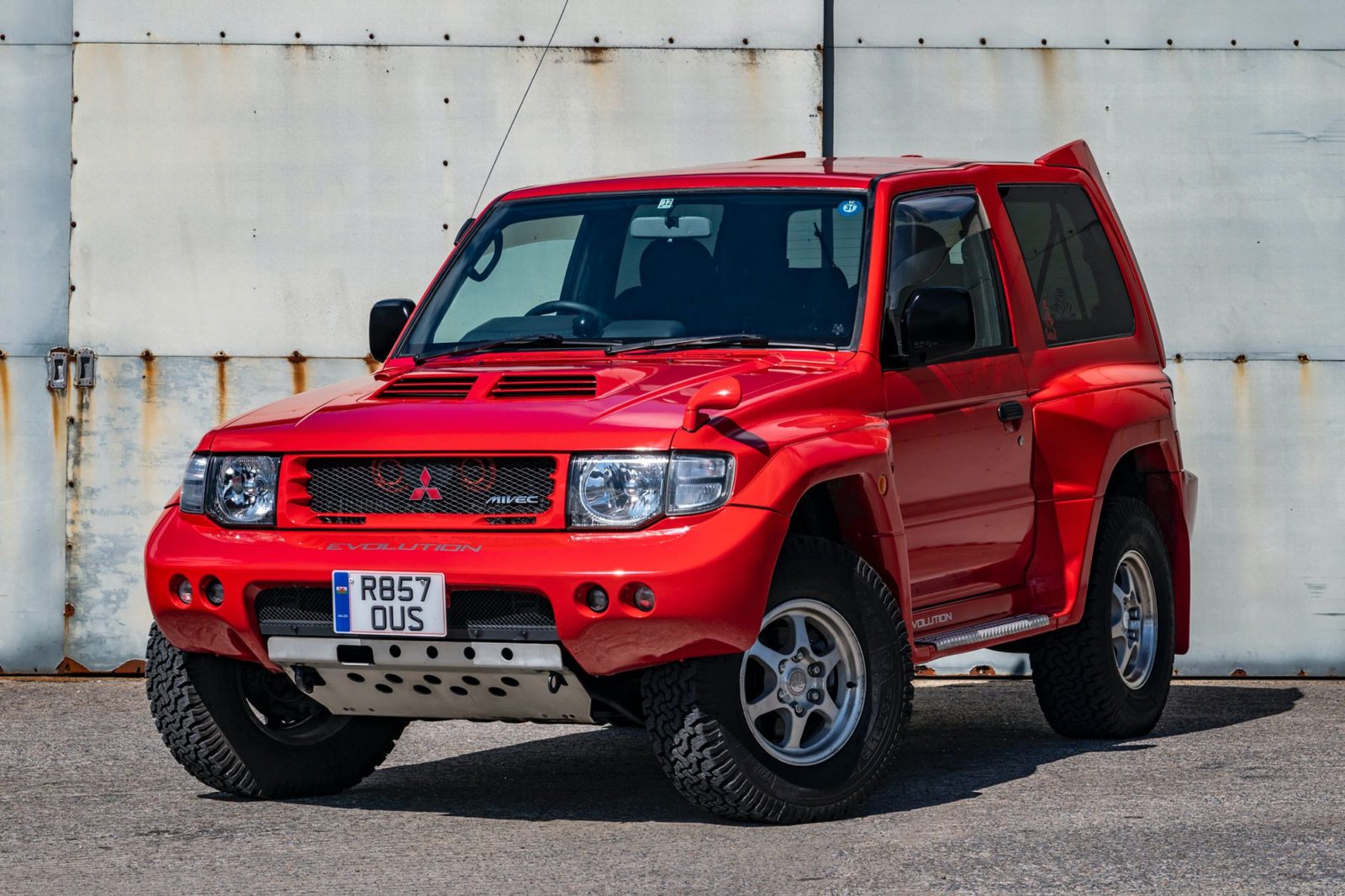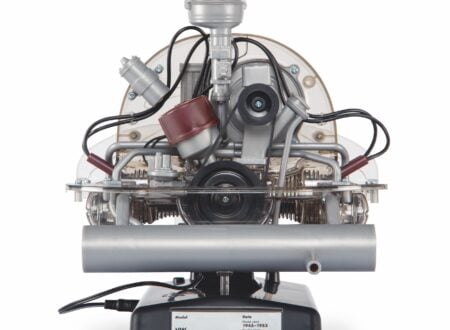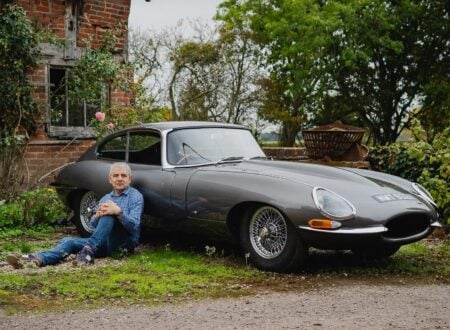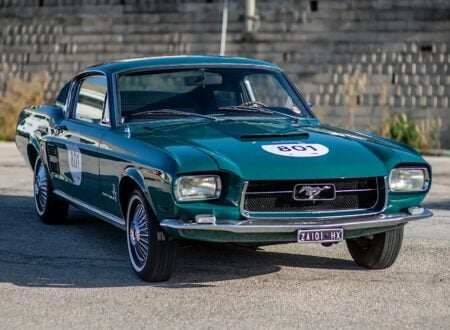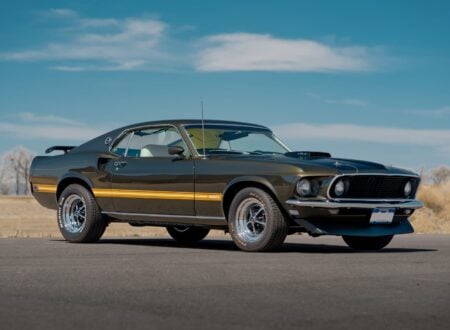The Mitsubishi Pajero Evolution, nicknamed “King of the Desert,” is a rare homologation special developed by the Japanese automaker specifically to compete in the Paris Dakar Rally and other top tier rally raid events.
Just 2,500 examples of the Pajero Evolution were ever made, and today they remain highly collectible due to their combination of off-road prowess, aggressive styling, and their Dakar heritage.
Fast Facts – The Mitsubishi Pajero Evolution
- The Mitsubishi Pajero Evolution was released in 1997 and sold until 1999, just 2,500 road-going versions were made for homologation purposes.
- By the time of the release of the Mitsubishi Pajero Evolution, Mitsubishi already had a long and proud history of Paris-Dakar and rally raid participation, with a number of wins under their belt.
- The Mitsubishi Pajero Evolution is powered by a 3.5 liter 24 valve DOHC V6 6G74 engine with MIVEC (Mitsubishi Innovative Valve timing Electronic Control system) and a dual plenum variable intake.
- This engine produces 276 bhp at 6,500 rpm, most are paired with a 5-speed automatic transmission, however some cars did get a 5-speed manual.
Mitsubishi And The Paris Dakar Rally
It isn’t widely known that Mitsubishi used to be a dominant force in the world of endurance rally raid competition, between the years 1985 and 2007 the Japanese automaker took 12 wins in the Paris Dakar Rally, with 150 stage wins – and they earned the Guinness World Record for “Most Dakar Rally Wins by A Manufacturer.”
Above Video: This is the official review of the 1998 Paris-Dakar Rally, Mitsubishi would win again, this time with their new Pajero Evolution.
All of Mitsubishi’s wins in the Dakar and other rally raids were thanks to highly-modified versions of their Pajero model, spanning a number of variants from the mid-1980s into the late-2000s.
A number of racing versions of the Pajero had been developed by Mitsubishi since the mid-1980s, as a result they were among the best in the world at building off-road racing 4x4s by the time they began to develop the Mitsubishi Pajero Evolution V55W model in the mid-1990s.
The V55W was based on the unibody frame of the second generation Pajero however it was vastly modified, with new suspension, a wide body kit, skid plates, large mud flaps, with power provided by a 275 bhp 3.5 liter 24 valve DOHC V6 6G74 engine with MIVEC and a dual plenum variable intake.
For the uninitiated, MIVEC stands for “Mitsubishi Innovative Valve-Timing Electronic Control” it’s a variable valve timing system that allows different timing for the intake and exhaust valves depending on load, engine speed, and driving conditions.
Mitsubishi built 2,500 examples of the V55W between 1997 and 1999 for homologation purposes. Most were fitted with the 5-speed automatic transmission (with high and low range) however some received a 5-speed manual – most other specifications remained largely unchanged over the production run.
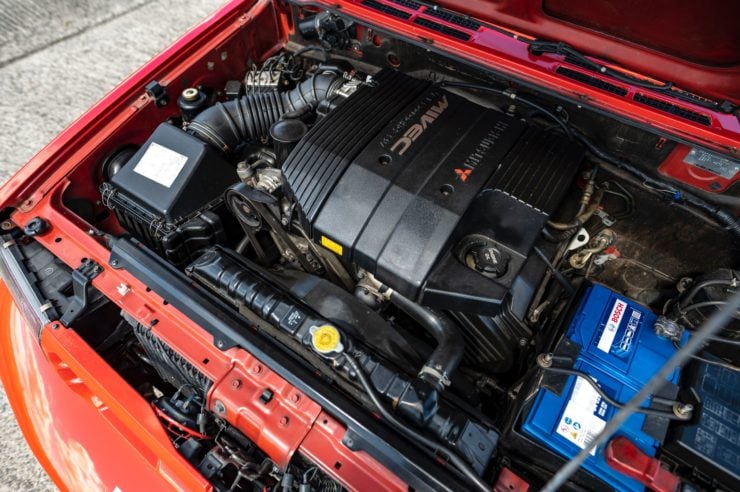

Today the Pajero Evolution V55W is increasingly seen as a modern classic and their values have been slowly rising – though one issue many potential buyers face is managing to find one for sale.
The Mitsubishi Pajero Evolution V55W Shown Here
The 1997 Mitsubishi Pajero Evolution V55W you see here is from the first year of production, it’s finished in the rare factory color of Passion Red, just 62 were painted this color in total.
As with all V55Ws, this example has Recaro front seats, two fin rear spoilers, a hood scoop, a unique suspension system, flared wheel arches, and a 275 bhp 3.5 liter V6.
Factory-fitted equipment includes automatic climate control, a digital clock, a heated rear windscreen, a high and low range gearbox, fold-down rear armrests, a dual front cup holder, and electric windows.
If you’d like to read more about this unusual Mitsubishi you can visit the listing here on Collecting Cars. It’s being offered out of Carmarthen in Wales and the bidding is now live.
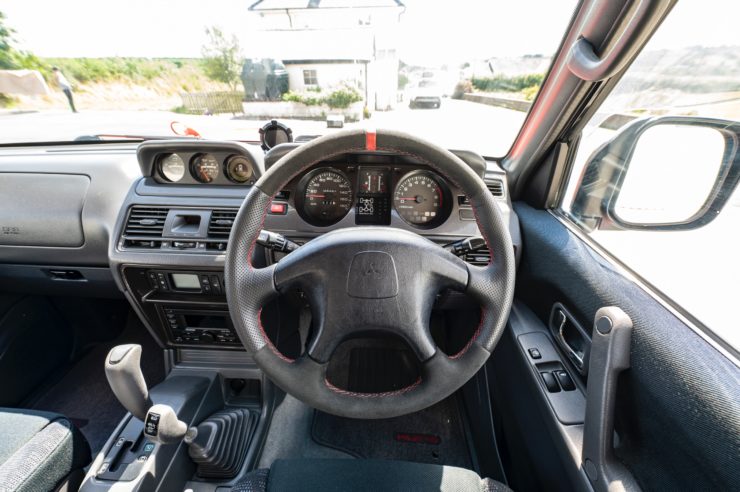
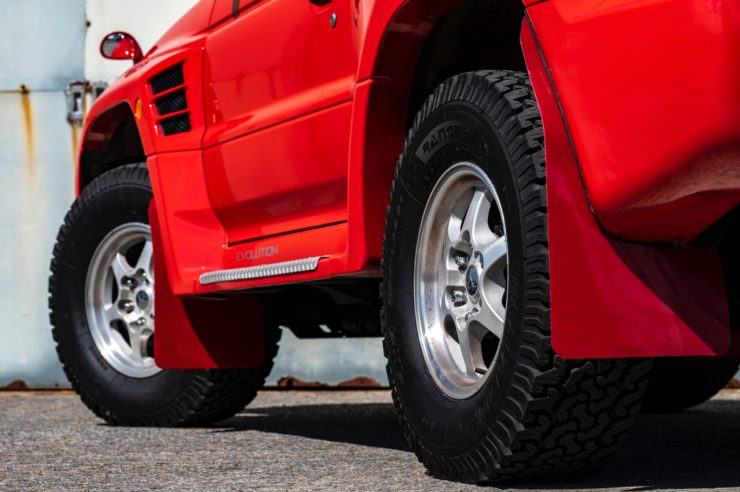
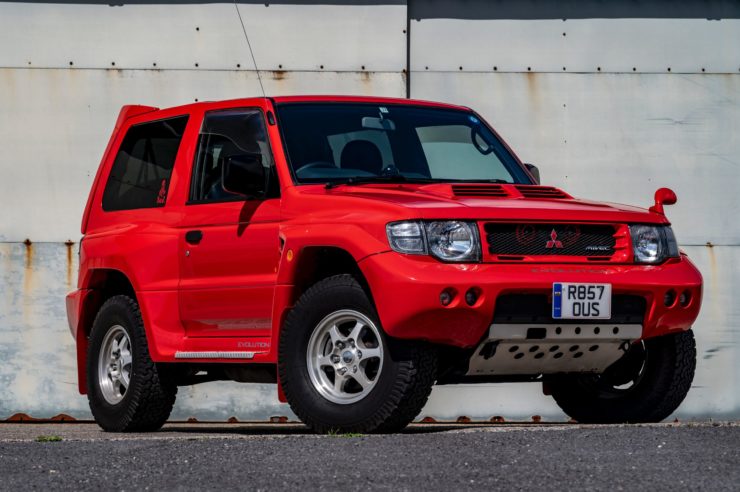
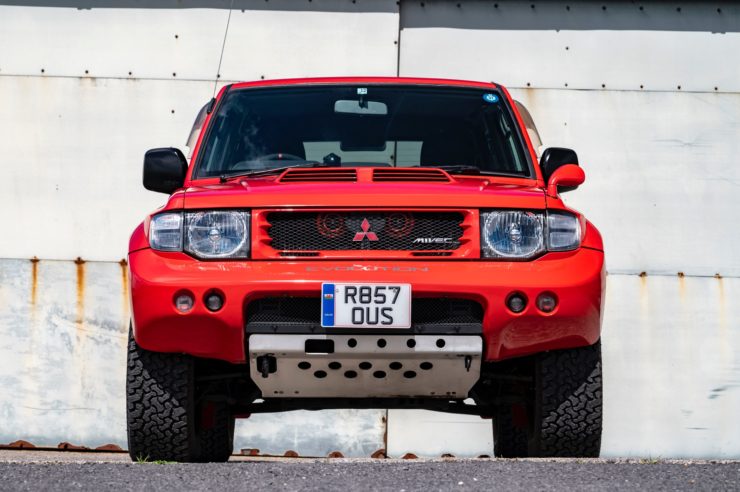
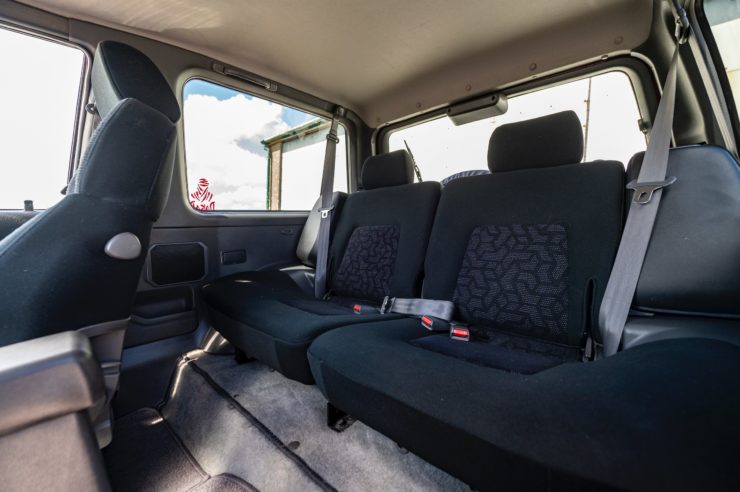
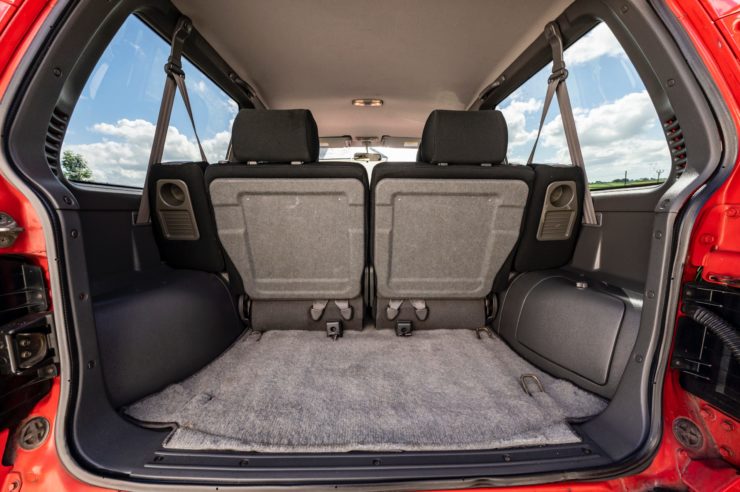
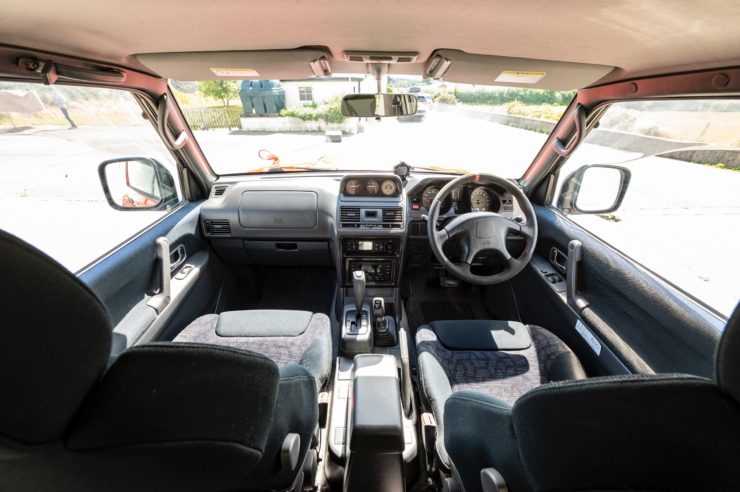
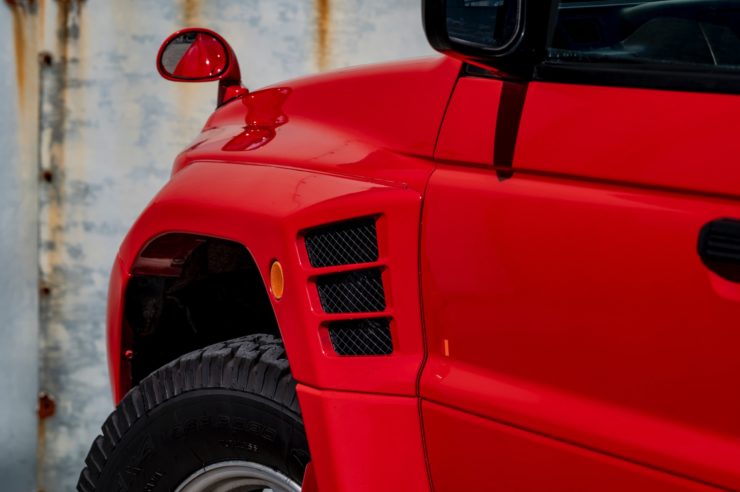
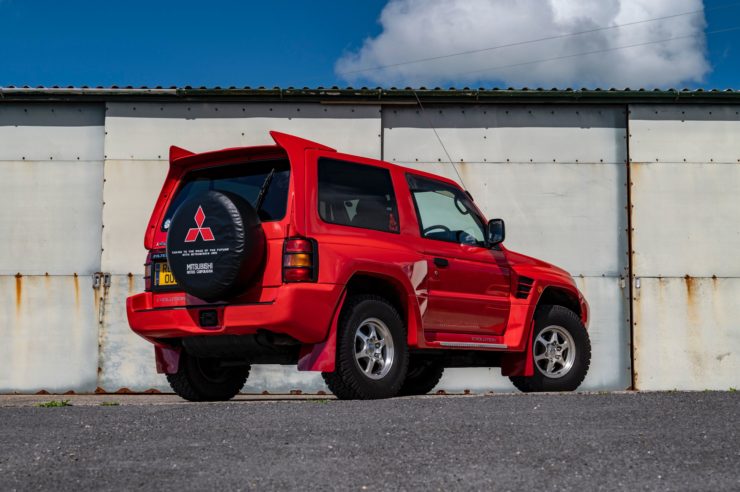
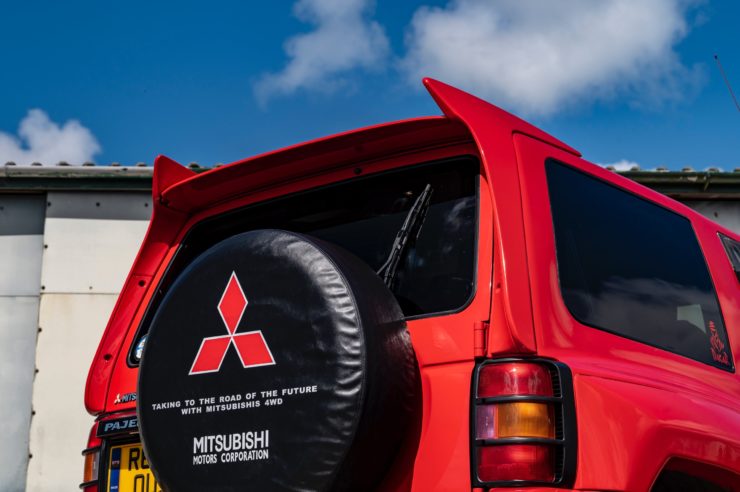
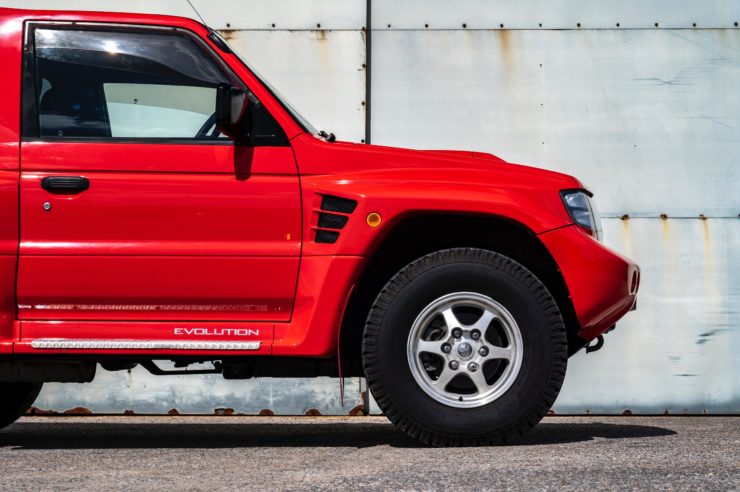
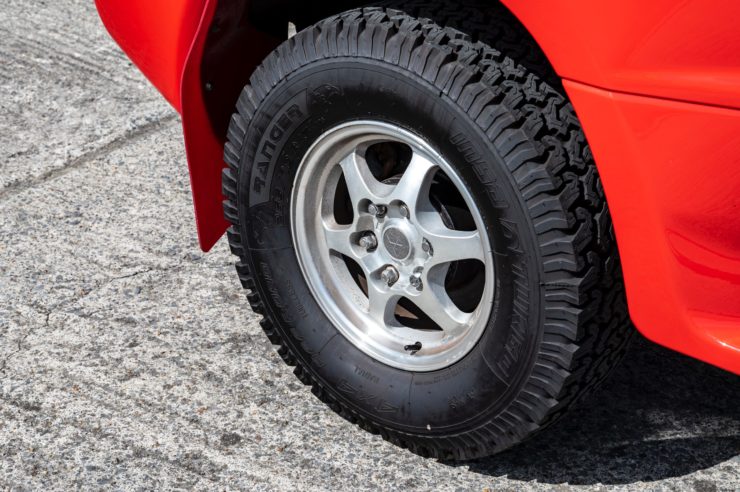
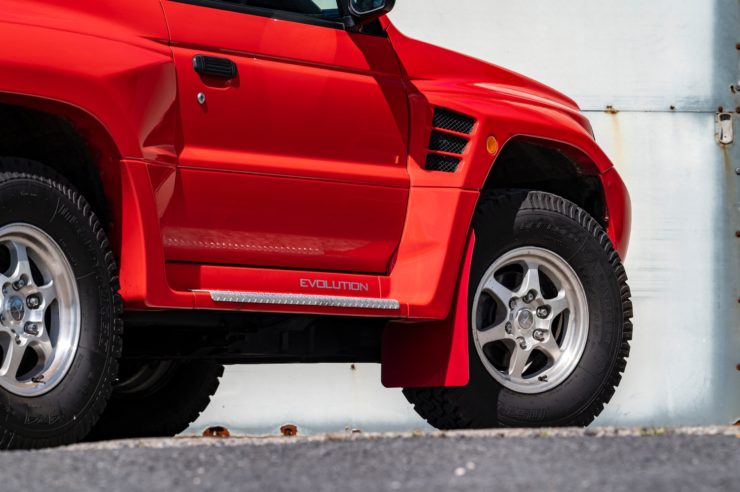
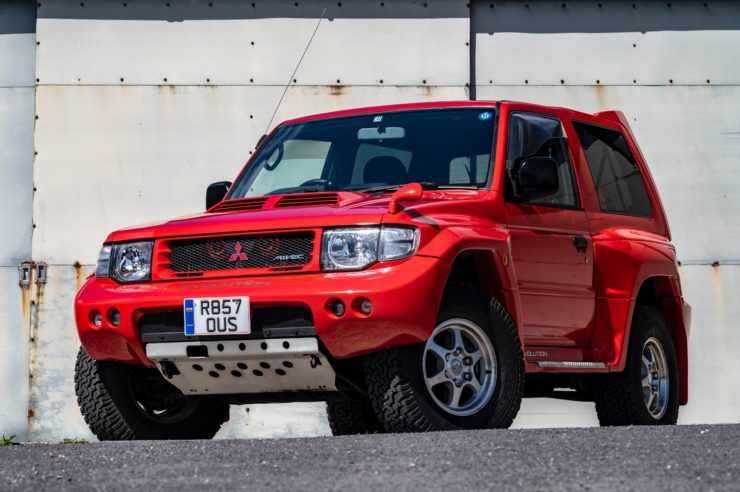
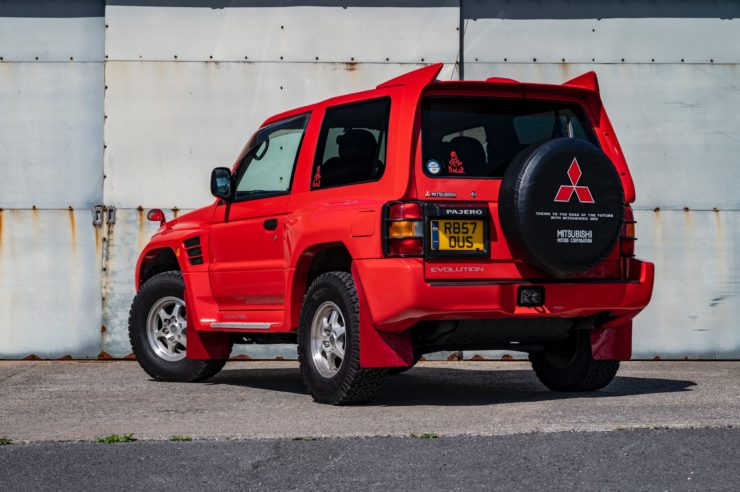
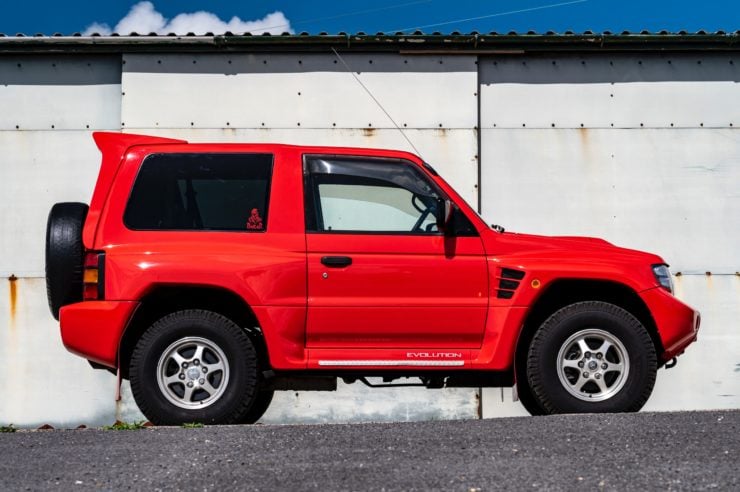
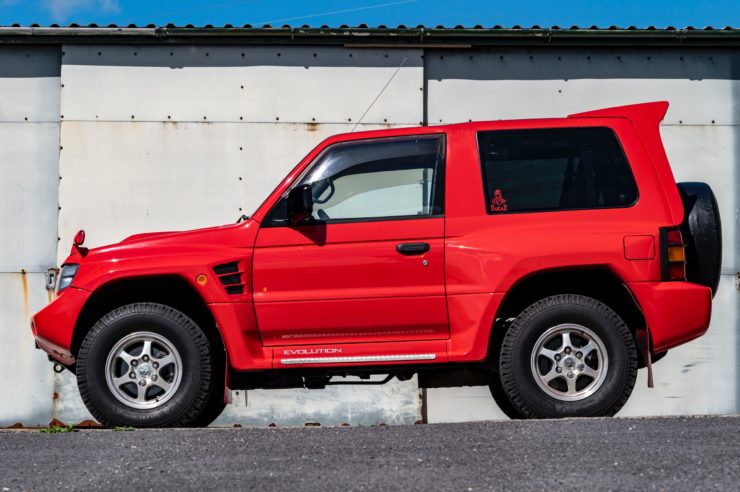
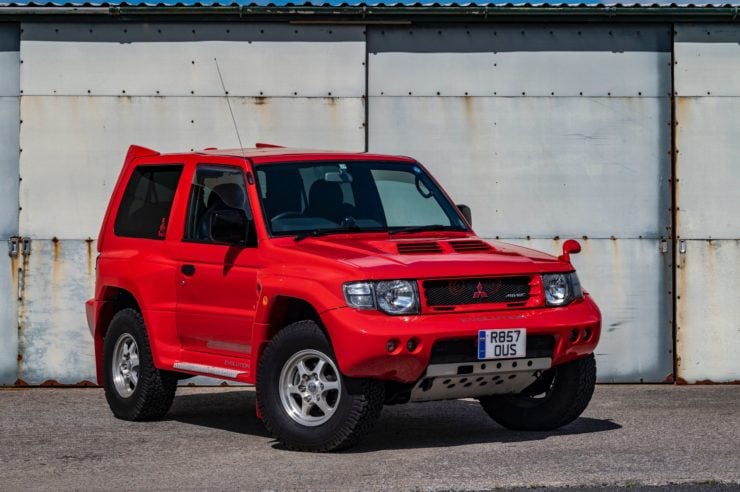
Images courtesy of Collecting Cars

